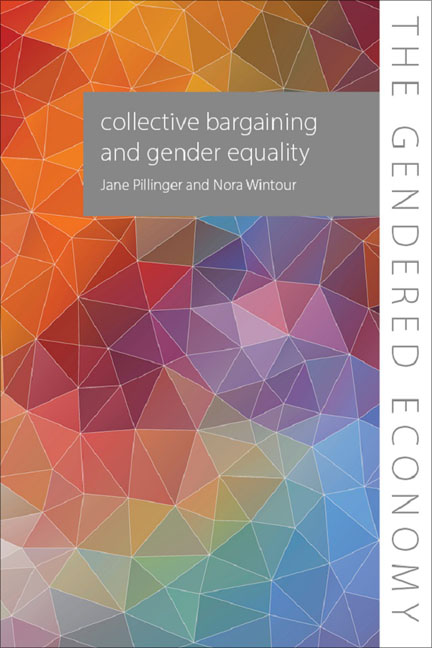This path-breaking new series critically examines the economy and the theory and methodology of economics through the lens of gender. It will publish original and incisive research that explores the role of gender in the contemporary global economy. Premised on the view that every aspect of our economy is gendered and a theory and practice that ignores this is, at best, incomplete, the series will highlight such issues as the importance of unpaid work and the gendered division of labour, not only for the economics of the labour market and the household, but also for fiscal and monetary policy, international trade and investment. It will also reveal the androcentric biases within mainstream and heterodox economic analysis. Feminist research undermines both the standard assumption of mainstream economics that economic agents are individuals acting solely in their own self-interest, and the standard assumption of heterodox economics that economic inequality can be adequately addressed through class analysis. The series showcases how economic relationships, actions and institutions are directly affected by gender norms, how a gendered perspective illuminates aspects of the economy that would otherwise be ignored, and challenges many of the tenets that underpin both the mainstream and heterodox interpretation of how economies function. This series shows economists why they must take account of gender and marks an important intervention in a subject area and research agenda shaped by many masculinist assumptions and methods.


